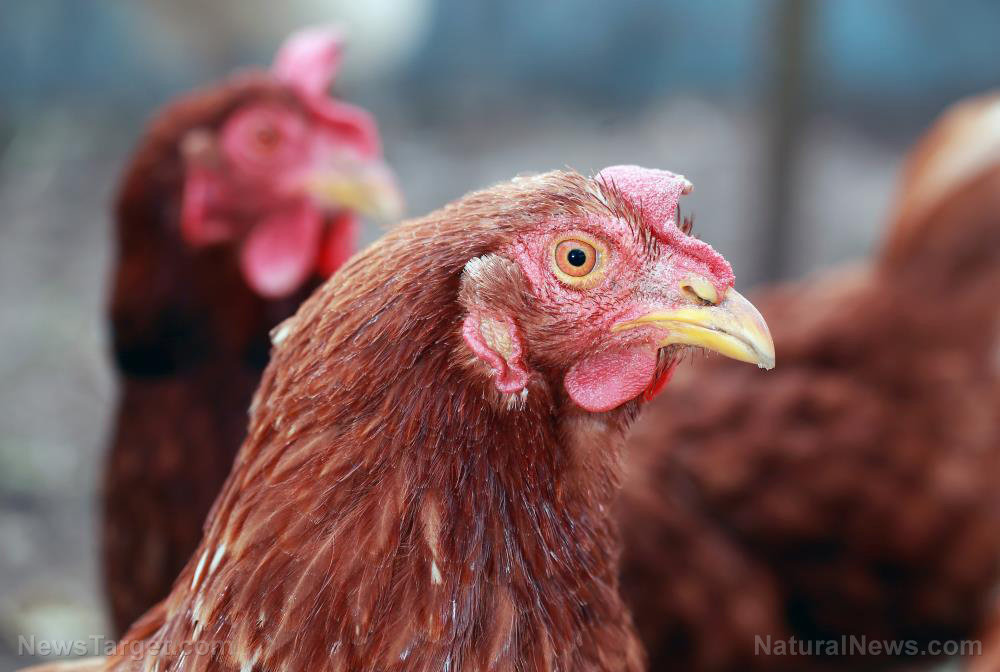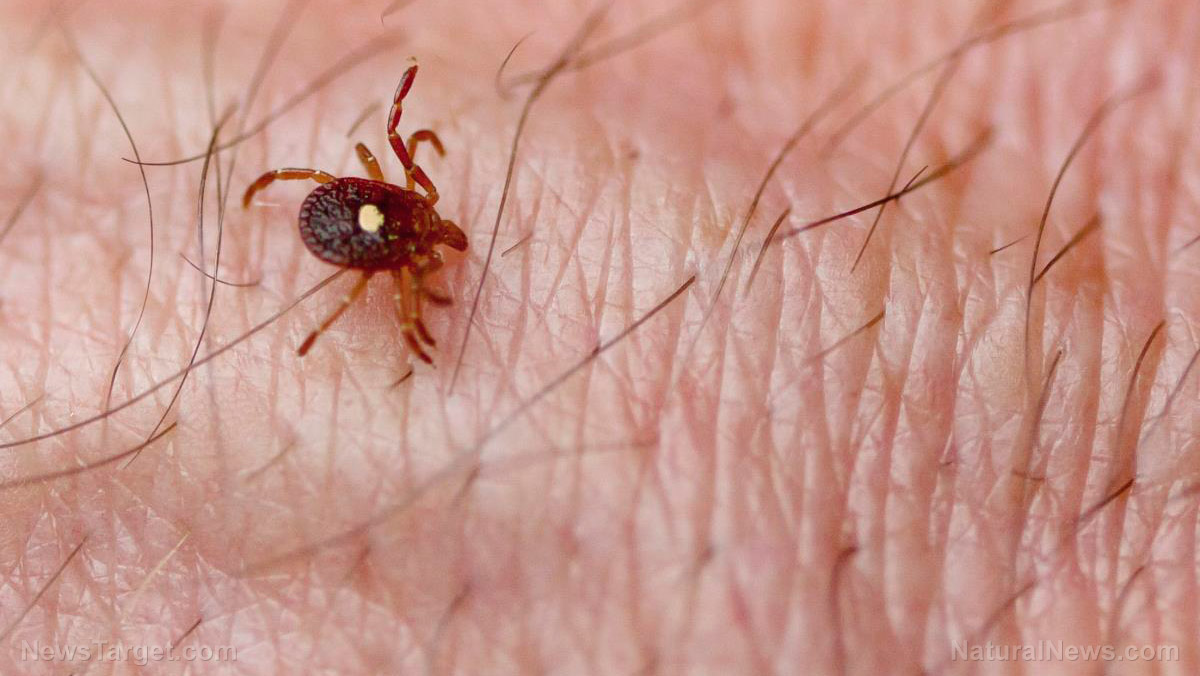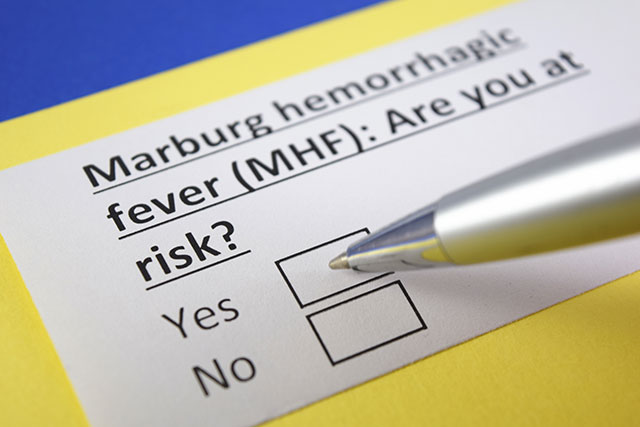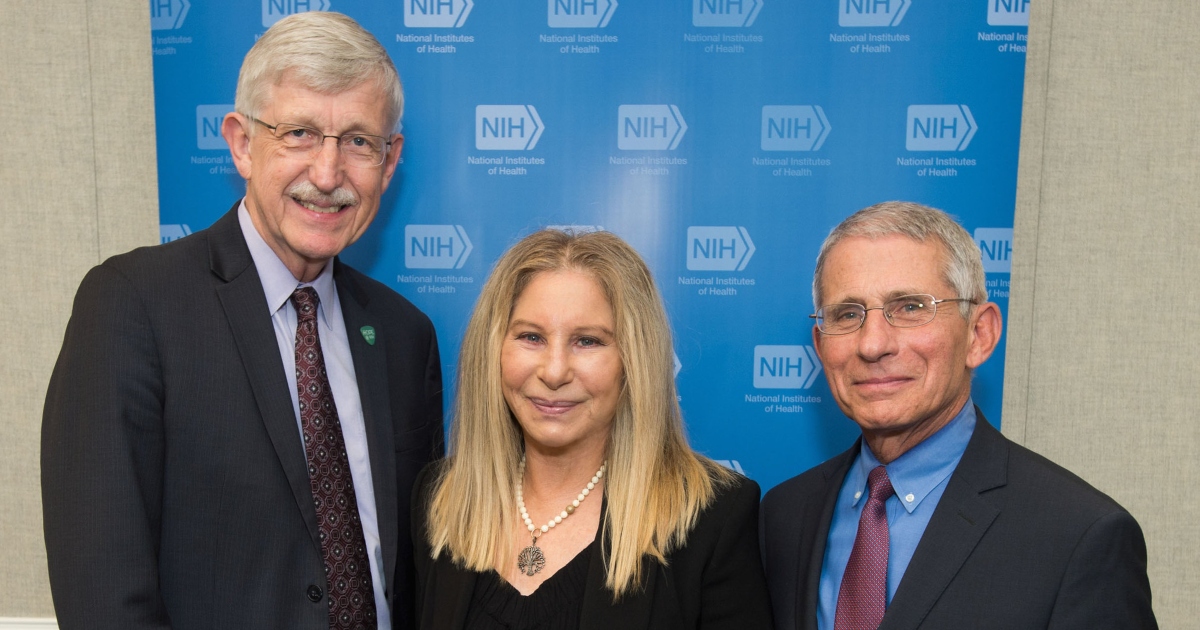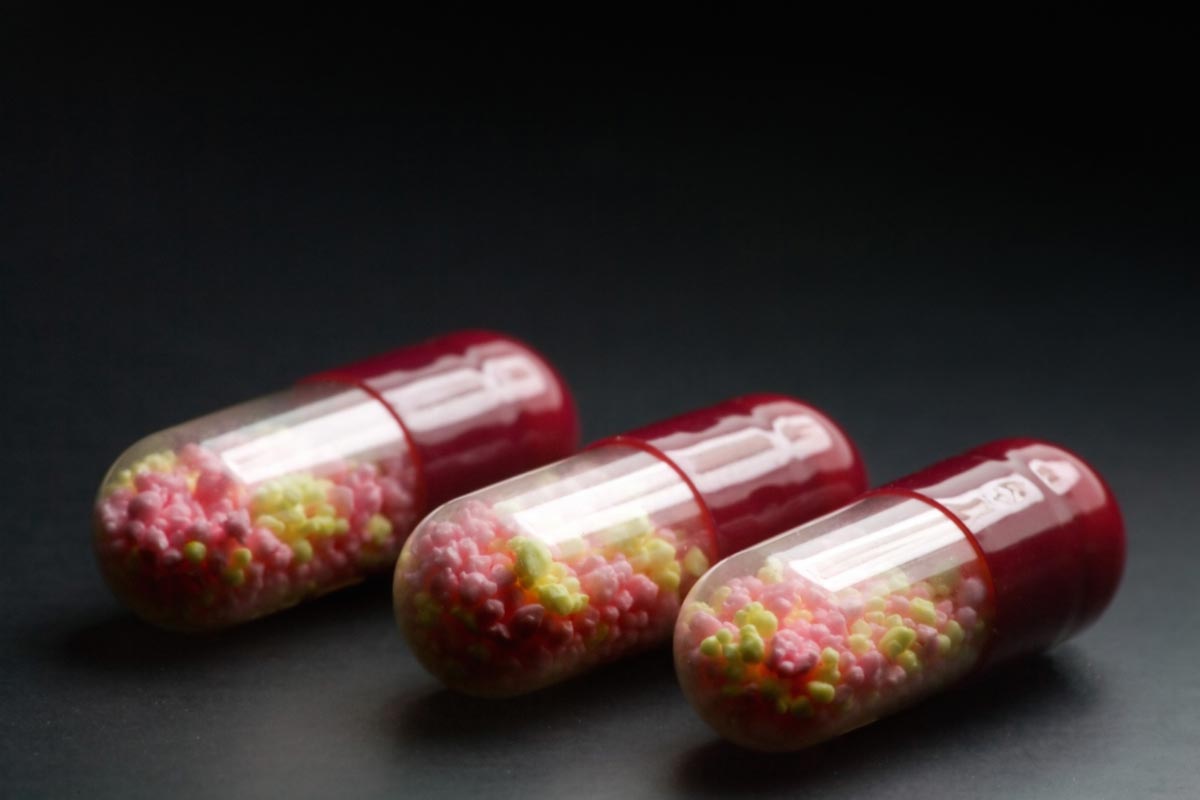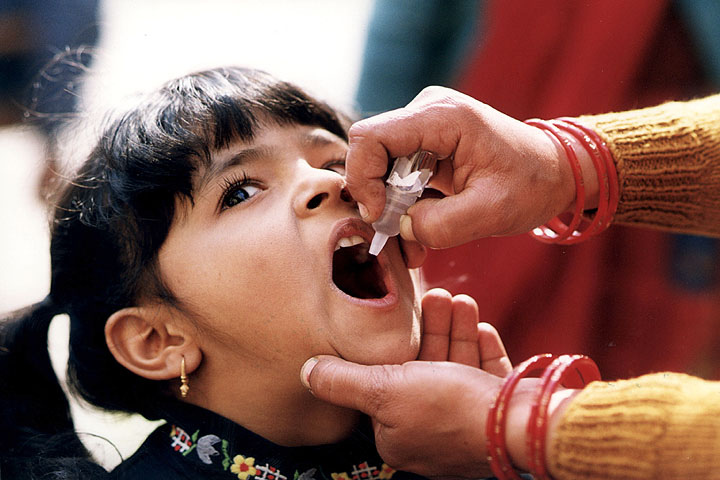Shocking study finding: Long covid is FAKE: People who think they have it are just lonely and out of shape
04/10/2023 / By Ethan Huff
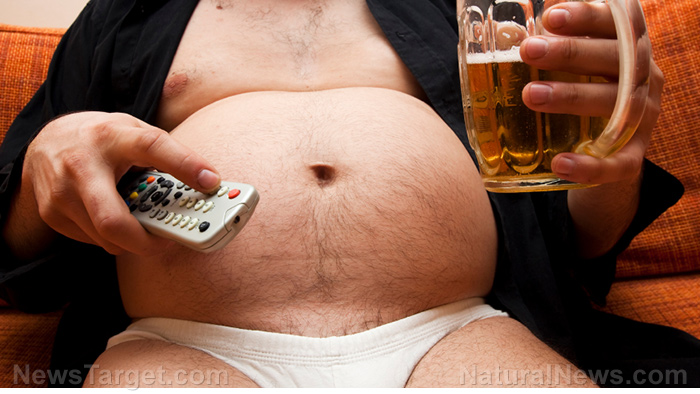
New peer-reviewed research published in Journal of the American Medical Association Network Open has found that people who claim to be suffering from “long” covid are often just unhealthy, out of shape, and generally miserable people.
The prospective cohort study tracked hundreds of Norwegian young people between the ages of 12 and 25 who were never hospitalized for covid, but who underwent extensive examinations after first being tested for it, and who were evaluated a second time six months after that.
Researchers from Norway, Sweden, Great Britain, China, and Australia all participated in the analysis, which determined that there is very little difference between those who become infected with covid and those who do not become infected in terms of suffering a “post-covid-19 condition” (PCC), this being the international name for long covid.
The “prevalence” rate of PCC was found to be roughly the same for both the infected and non-infected group participants, 49 percent and 47 percent of whom, respectively, reported PCC symptoms. The mean age for both groups was about 18.
“PCC was not associated with biological markers specific to viral infection, but with initial symptom severity,” the paper reveals, citing this as the strongest risk factor. There are also “psychosocial factors,” the paper further found, including “low physical activity” and “loneliness.”
The severity of PCC in the non-infected was found to be dependent on certain “personality traits,” meaning it has nothing to do with any actual disease and everything to do with the way a person thinks and behaves.
(Related: Another study published last summer by the National Institutes of Health [NIH] similarly found that long covid is a myth – it does not exist.)
One flawed paper based on a faulty questionnaire is how the myth of long covid came to be
Slate recently conducted a review on long covid, citing various “retrospective cohort studies.” This review found that long covid symptoms are much less common, durable, or severe than typically portrayed by federal officials and other covid extremists.
It turns out that symptoms of PCC often have absolutely nothing to do with an actual covid infection, and are merely bad personality traits coupled with an unhealthy lifestyle.
Keep in mind that at one time long covid was being declared by the authorities as being a “mass disabling event,” despite not actually being a real thing. Science journalist Jeff Wise blames an early and influential study out of Washington state for causing that manufactured scare campaign.
The paper estimated a 30 percent increase in the rate of “persistent symptoms” based on a questionnaire that was sent to adult covid patients three-to-nine months after becoming infected.
As you may already know, survey-based approaches like this are often flawed due to selection bias and the documentation of symptoms that occurred before or during infection, not after.
None of this stopped the so-called Solve Long COVID Initiative from running with the “up to” 30 percent figure this study produced based on the flawed questionnaire. Still to this day, some people, mostly on the left, insist that long covid is real because they want to believe it is real.
Back in August, the Solve Long COVID Initiative produced a propaganda video featuring elderly people, young adults, and children suffering from long covid, which it described as a “physical disorder” that “causes crippling fatigue that may last a lifetime.”
The Solve Long COVID Initiative is supported by Elizabeth Unger, chief of chronic viral diseases at the Centers for Disease Control and Prevention (CDC), who appeared in a recent webinar the group held last week.
To learn more about why covid was a sham from the very beginning, visit Plague.info.
Sources for this article include:
Submit a correction >>
Tagged Under:
COVID, fat, lifestyle, loneliness, Long-COVID, obesity, sick, Study, unexplained
This article may contain statements that reflect the opinion of the author
RECENT NEWS & ARTICLES
Infections.News is a fact-based public education website published by Infections News Features, LLC.
All content copyright © 2018 by Infections News Features, LLC.
Contact Us with Tips or Corrections
All trademarks, registered trademarks and servicemarks mentioned on this site are the property of their respective owners.

